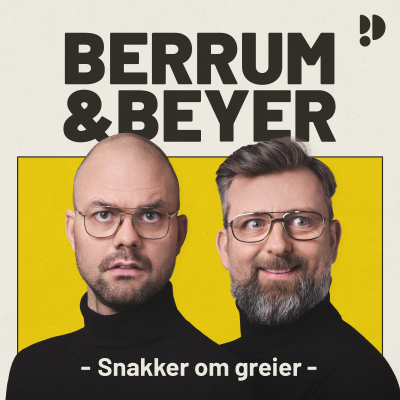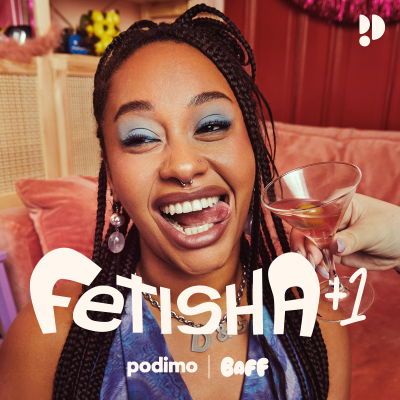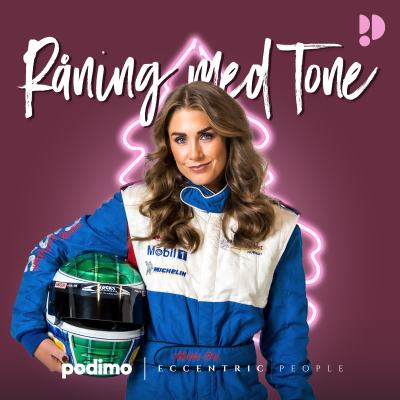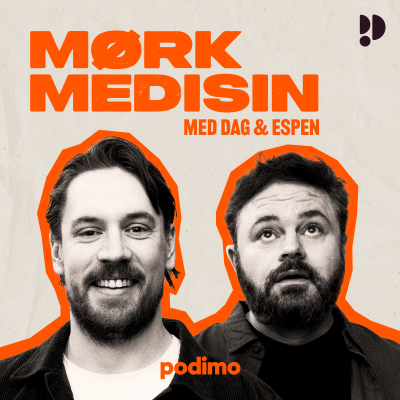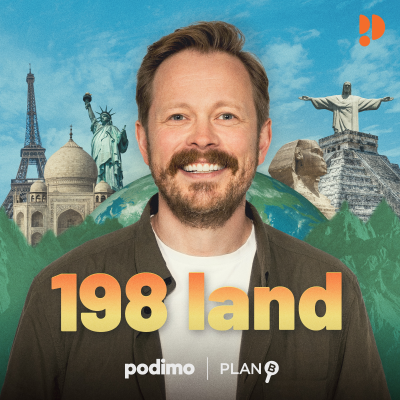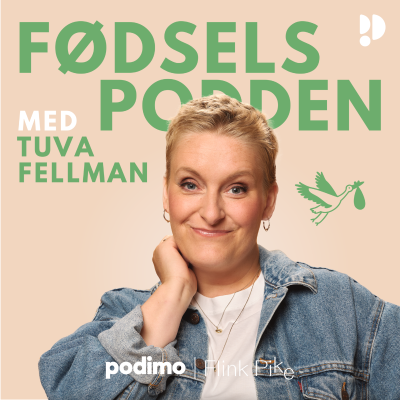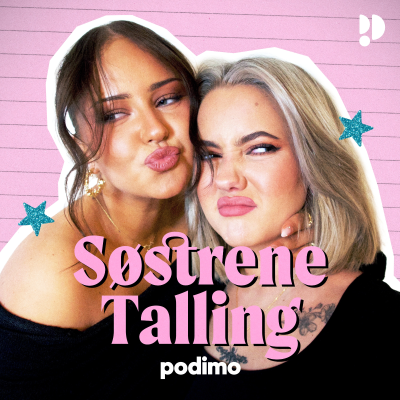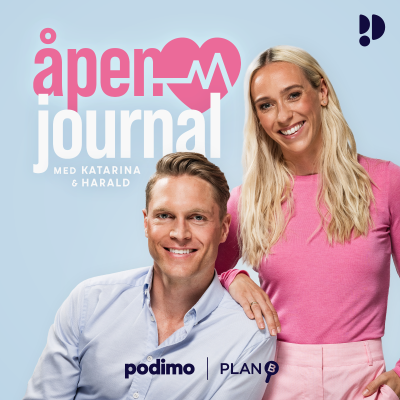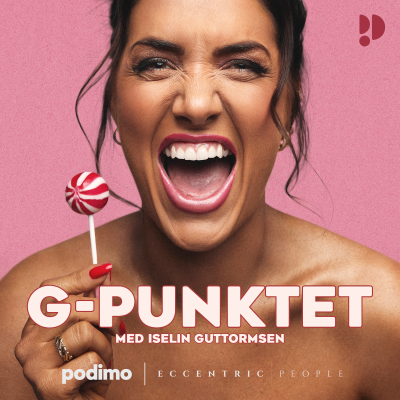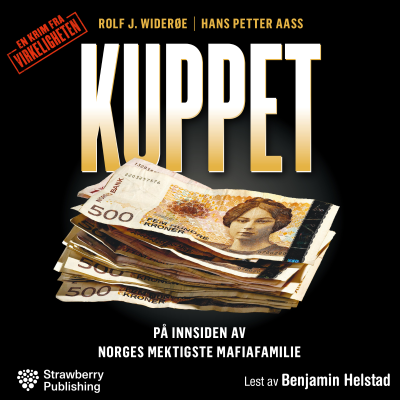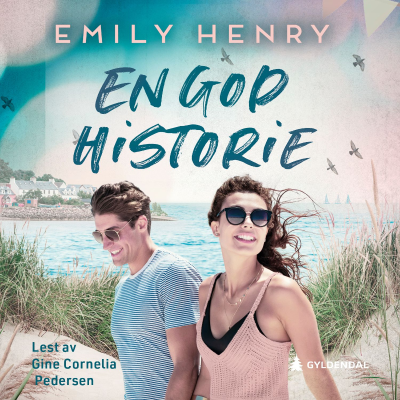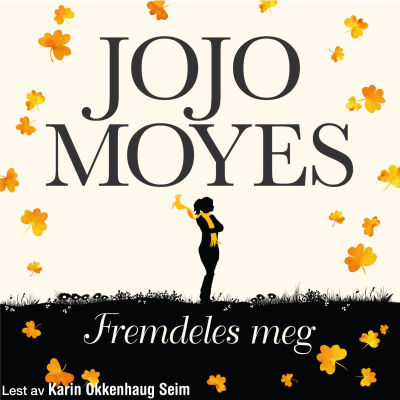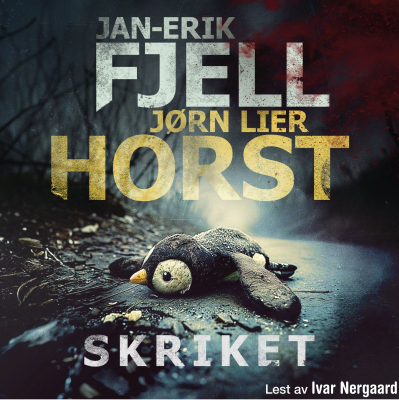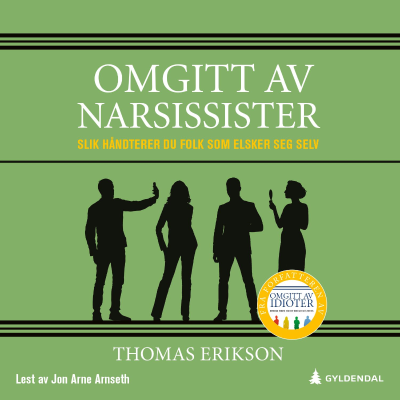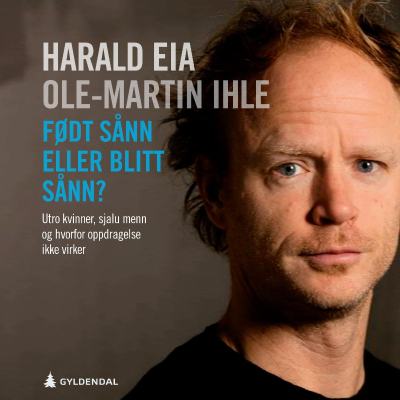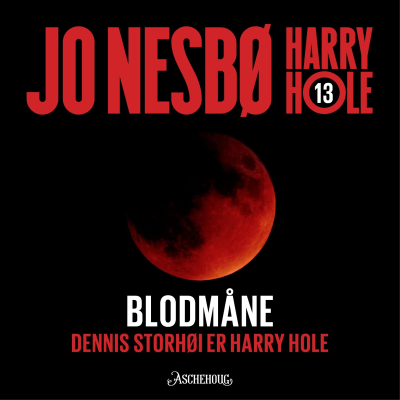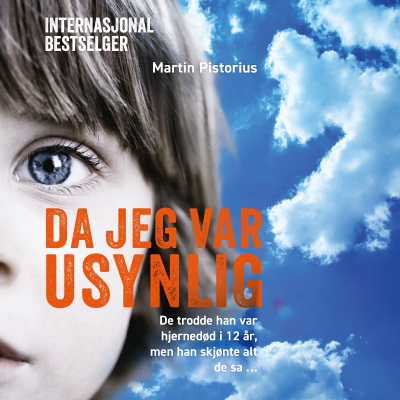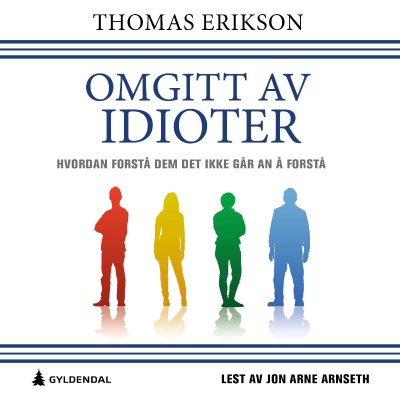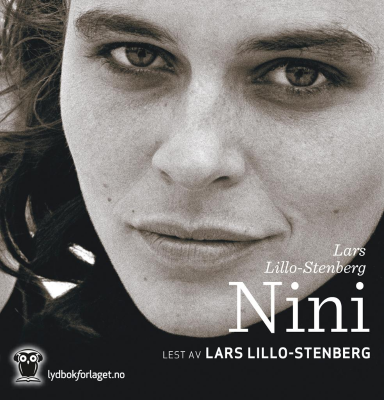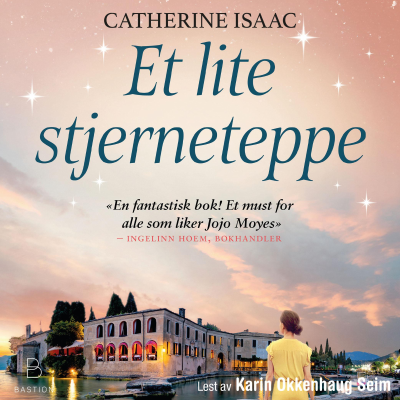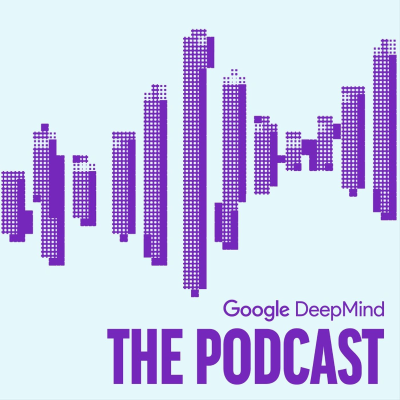
Google DeepMind: The Podcast
Podkast av Hannah Fry
Tidsbegrenset tilbud
1 Måned for 9 kr
Deretter 99 kr / MånedAvslutt når som helst.
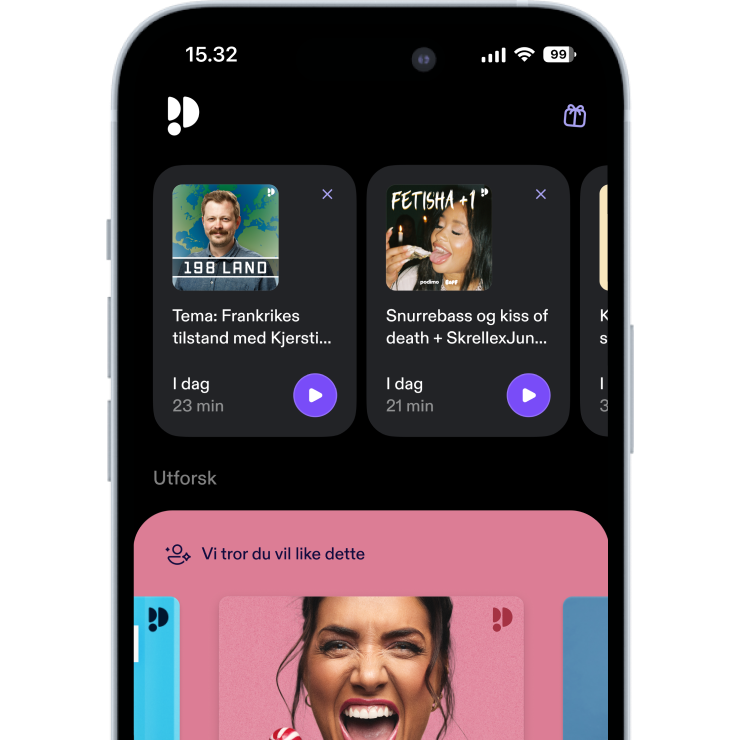
Mer enn 1 million lyttere
Du vil elske Podimo, og du er ikke alene
Vurdert til 4,7 stjerner i App Store
Les mer Google DeepMind: The Podcast
Join mathematician and broadcaster Professor Hannah Fry as she goes behind the scenes of the world-leading research lab to uncover the extraordinary ways AI is transforming our world. No hype. No spin, just compelling discussions and grand scientific ambition.
Alle episoder
40 EpisoderIn this episode, Professor Hannah Fry speaks with Jack Parker-Holder and Shlomi Fruchter about Genie 3, a general-purpose world model that can generate an unprecedented diversity of interactive environments. The conversation covers how this model's auto-regressive nature allows for the creation of consistent, explorable worlds from text or image prompts, and how its capabilities differ from video generation models like Veo. Further reading * Genie 3 [https://deepmind.google/discover/blog/genie-3-a-new-frontier-for-world-models/ ] * SIMA, A generalist AI agent for 3D virtual environments [https://deepmind.google/discover/blog/sima-generalist-ai-agent-for-3d-virtual-environments/ ] * SIMA, Google DeepMind: The Podcast [https://www.youtube.com/watch?v=64pndvbbokA ] * xLand [https://deepmind.google/discover/blog/generally-capable-agents-emerge-from-open-ended-play/ ] Please leave us a review on Spotify or Apple Podcasts if you enjoyed this episode. We always want to hear from our audience whether that's in the form of feedback, new idea or a guest recommendation!
This week's episode is a slight departure from our usual deep dives. Join Paige Bailey, DevRel lead, as she guides Hannah Fry though some of her favorite AI tools. Having spent years understanding the 'what' of these models, Hannah finally gets to experience the 'how’ – from generating prompts and 'vibe coding', to creating her own version of the infamous spaghetti meme. Learn more and try the tools yourself: * Gemini: https://gemini.google.com/ [https://gemini.google.com/] * Google Labs: https://labs.google/ [https://labs.google/] * AI Studio: https://aistudio.google.com/ [https://aistudio.google.com/] * Veo 3: https://deepmind.google/models/veo/ [https://deepmind.google/models/veo/] * Flow: https://labs.google/flow/ [https://labs.google/flow/] Thanks to everyone who made this possible, including but not limited to: * Presenter: Professor Hannah Fry * Series Producer: Dan Hardoon * Editor: Rami Tzabar * Commissioner & Producer: Emma Yousif * Music composition: Eleni Shaw * Audio engineer: Richard Courtice * Production Manager: Dan Lazard * Studio Manager: Nicholas Duke * Video Director: Bernardo Resende * Video Editor: Bilal Merhi * Audio Engineer: Perry Rogantin * Camera and Lighting Operator: Robert Messere * Production Coordination: Zoey Roberts, Sarah Ellen Morton * Visual Identity and Design: Rob Ashley * Commissioned by Google DeepMind Please leave us a review on Spotify or Apple Podcasts if you enjoyed this episode. We always want to hear from our audience whether that's in the form of feedback, new idea or a guest recommendation!
Further reading: * Natural forests of the world: paper [https://sciety.org/articles/activity/10.31223/x5zx6p], data and benchmarks [https://github.com/google-deepmind/forest_typology] * Forest loss drivers: paper, [https://iopscience.iop.org/article/10.1088/1748-9326/add606] summary from WRI [https://www.wri.org/insights/forest-loss-drivers-data-trends], and blog from GFW [https://www.globalforestwatch.org/blog/data-and-tools/new-drivers-data-forest-loss/] * Forest loss drivers code: Google Earth Engine [https://developers.google.com/earth-engine/datasets/catalog/projects_landandcarbon_assets_wri_gdm_drivers_forest_loss_1km_v1_2_2001_2024]; at WRI [https://datasets.wri.org/datasets/dominant-drivers-of-tree-cover-loss-at-1km?map=eyJ2aWV3U3RhdGUiOnsibGF0aXR1ZGUiOjAsImxvbmdpdHVkZSI6MCwiem9vbSI6MywiYmVhcmluZyI6MCwicGl0Y2giOjAsInBhZGRpbmciOnsidG9wIjowLCJib3R0b20iOjAsImxlZnQiOjAsInJpZ2h0IjowfX0sImJhc2VtYXAiOiJsaWdodCIsImJvdW5kYXJpZXMiOmZhbHNlLCJsYWJlbHMiOiJkYXJrIiwiYWN0aXZlTGF5ZXJHcm91cHMiOlt7ImRhdGFzZXRJZCI6IjY0YzVjODczLWMzZjgtNGZlNi04NTAyLTYzZGNkNTlkNTQ3MyIsImxheWVycyI6WyJjODYwYjdkZi1lYWJjLTRhMzUtOTdkMy04Y2ViZTg3MmZlZWEiXX1dLCJib3VuZHMiOnsiYmJveCI6bnVsbCwib3B0aW9ucyI6e319LCJsYXllcnNQYXJzZWQiOltbImM4NjBiN2RmLWVhYmMtNGEzNS05N2QzLThjZWJlODcyZmVlYSIseyJ2aXNpYmlsaXR5Ijp0cnVlLCJhY3RpdmUiOnRydWUsIm9wYWNpdHkiOjEsInpJbmRleCI6MTF9XV19]; at GFW [https://www.globalforestwatch.org/map/?map=eyJkYXRhc2V0cyI6W3siZGF0YXNldCI6InRyZWUtY292ZXItbG9zcy1ieS1kb21pbmFudC1kcml2ZXIiLCJvcGFjaXR5IjoxLCJ2aXNpYmlsaXR5Ijp0cnVlLCJsYXllcnMiOlsidHJlZS1jb3Zlci1sb3NzLWJ5LWRvbWluYW50LWRyaXZlciJdfSx7ImRhdGFzZXQiOiJwb2xpdGljYWwtYm91bmRhcmllcyIsImxheWVycyI6WyJkaXNwdXRlZC1wb2xpdGljYWwtYm91bmRhcmllcyIsInBvbGl0aWNhbC1ib3VuZGFyaWVzIl0sIm9wYWNpdHkiOjEsInZpc2liaWxpdHkiOnRydWV9XX0%3D&mapMenu=eyJtZW51U2VjdGlvbiI6ImRhdGFzZXRzIiwiZGF0YXNldENhdGVnb3J5IjoiZm9yZXN0Q2hhbmdlIn0%3D]; or Zenodo [https://zenodo.org/records/15366671]. * Deep learning based remote sensing (open source): Jeo [https://github.com/google-deepmind/jeo], GeeFlow [https://github.com/google-deepmind/geeflow] * Species mapping paper: Arxiv [https://arxiv.org/abs/2503.11900] * Google resources: Google Earth Engine [https://earthengine.google.com/]. Agri with Google [https://agri.withgoogle.com/], wildlife cameras [https://blog.google/outreach-initiatives/entrepreneurs/ai-nature-climate-accelerator-nonprofits-speciesnet/] * Perch: code, [https://github.com/google-research/perch] paper [https://www.nature.com/articles/s41598-023-49989-z.epdf] * Perch x coral reefs: Blog [https://blog.google/outreach-initiatives/arts-culture/a-new-ai-tool-to-help-monitor-coral-reef-health/] * Agile Modelling: paper [https://arxiv.org/abs/2505.03071], code [https://github.com/google-research/perch-hoplite] * DolphinGemma: blog [https://blog.google/technology/ai/dolphingemma/] Please leave us a review on Spotify or Apple Podcasts if you enjoyed this episode. We always want to hear from our audience whether that's in the form of feedback, new idea or a guest recommendation!
In this episode, host Hannah Fry is joined by Max Jaderberg and Rebecca Paul of Isomorphic Labs to explore the future of drug discovery in the age of AI. They discuss how new technology, particularly AlphaFold 3, is revolutionizing the field by predicting the structure of life’s molecules, paving the way for faster and more efficient drug discovery. They dig into the immense complexities of designing new drugs: How do you find the right molecular key for the right biological lock? How can AI help scientists understand disease better and overcome challenges like drug toxicity? And what about the diseases that are currently considered “undruggable”? Finally, they explore the ultimate impact of this technology, from the future of personalised medicine to the ambitious goal of being able to eventually design treatments for all diseases. Further reading: * AlphaFold 3: https://www.nature.com/articles/s41586-024-07487-w * AlphaFold Server: https://alphafoldserver.com/ * Isomorphic Labs: https://www.isomorphiclabs.com/ * AlphaFold 3 code and weights: https://github.com/google-deepmind/alphafold3 Thanks to everyone who made this possible, including but not limited to: * Presenter: Professor Hannah Fry * Series Producer: Dan Hardoon * Editor: Rami Tzabar * Commissioner & Producer: Emma Yousif * Music composition: Eleni Shaw * Audio engineer: Richard Courtice * Production Manager: Dan Lazard * Studio Manager: Nicholas Duke * Video Director: Bernardo Resende * Video Editor: Bilal Merhi * Audio Engineer: Perry Rogantin * Camera and Lighting Operator: Robert Messere * Production Coordination: Zoey Roberts, Sarah Ellen Morton * Visual Identity and Design: Rob Ashley * Commissioned by Google DeepMind Please leave us a review on Spotify or Apple Podcasts if you enjoyed this episode. We always want to hear from our audience whether that's in the form of feedback, new idea or a guest recommendation!
In this episode, Hannah is joined by Carolina Parada, Senior Director and Head of Robotics at Google DeepMind. They explore the recent leap forward in robotic capabilities, highlighting advancements in multimodal understanding and embodied reasoning, which enable robots to interact with the physical world with unprecedented generality. They dig into the two-system approach - ‘slow and fast thinking‘ - that enables both complex reasoning and rapid, reactive movements. Using examples from robots learning dexterous tasks such as tying shoelaces to adapting to entirely new scenarios in real-time, Parada highlights how key breakthroughs in understanding, dexterity, and control are now coming together to rapidly advance robotics unlike ever before. Further reading/viewing: * Gemini Robotics [https://deepmind.google/models/gemini-robotics/] * Advances in robot dexterity [https://deepmind.google/discover/blog/advances-in-robot-dexterity/] * Gemini Robotics x YouTube [https://www.youtube.com/playlist?list=PLqYmG7hTraZC4Mx6pEKr6FVJehafA7vWE] Thanks to everyone who made this possible, including but not limited to: * Presenter: Professor Hannah Fry * Series Producer: Dan Hardoon * Editor: Rami Tzabar * Commissioner & Producer: Emma Yousif * Music: Eleni Shaw * Audio Engineer: Richard Courtice * Production Manager: Dan Lazard * Video Studio Production: Nicholas Duke Video * Director: Bernardo Resende * Video Editor: Bilal Merhi * Audio Engineer: Perry Rogantin * Camera and Lighting Operator: Robert Messere * Production Coordination: Zoey Roberts, Sarah Ellen Morton * Visual Identity and Design: Rob Ashley * Commissioned by Google DeepMind Please leave us a review on Spotify or Apple Podcasts if you enjoyed this episode. We always want to hear from our audience whether that's in the form of feedback, new idea or a guest recommendation! Please leave us a review on Spotify or Apple Podcasts if you enjoyed this episode. We always want to hear from our audience whether that's in the form of feedback, new idea or a guest recommendation!

Vurdert til 4,7 stjerner i App Store
Tidsbegrenset tilbud
1 Måned for 9 kr
Deretter 99 kr / MånedAvslutt når som helst.
Eksklusive podkaster
Uten reklame
Gratis podkaster
Lydbøker
20 timer i måneden
